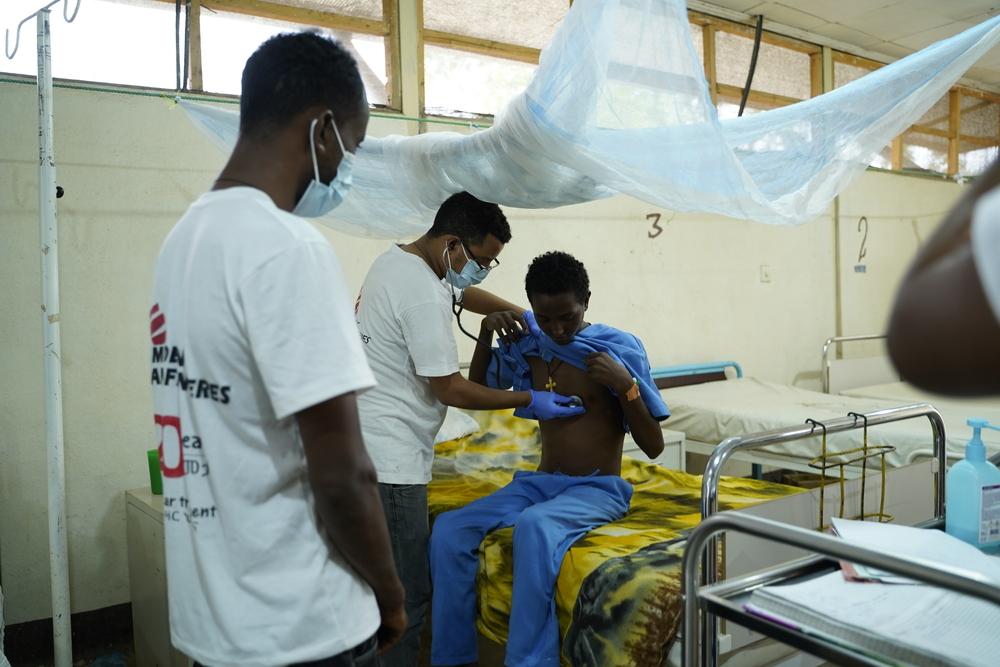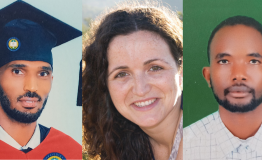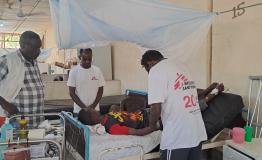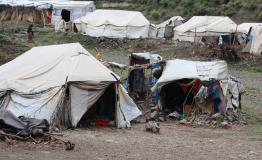Gesesech Molla is from Soroqa, a rural farming village in the Central Gondar zone of Amhara region in Ethiopia. In her community, farming is the main source of livelihood but not without its risks. Last week, Gesesech had an almost deadly experience she’ll never forget.
She was walking home from church when out of nowhere, snake bit her leg. The venom spread through her body, and she could feel the life-threatening effects taking hold.
“I was walking in the bush. It was dark, around 9 p.m. when I was bitten,” says Gesesech. “In our area snakes are common, and snakebites happen frequently. Some people die within hours of a bite, while others are lucky enough to survive. On some days, there are as many as three or even four snakebite incidents.”
Gesesech knew about a medical facility in Abdurafi which provided treatment for snakebite because her son had been bitten by a snake in July and had been there for treatment. As well, one of his employees had also been treated at the facility.
Her son immediately decided to take her to Abdurafi, a town roughly three-hours’ drive from her village and 10 kilometers from the border with Sudan, where MSF teams work. MSF has been the sole provider of snakebite treatment in the region for the last 11 years.
“Fortunately, we knew about this health clinic in Abdurafi providing treatment for snakebites. Even though the awareness about modern treatment in our area is minimal I didn’t attempt the traditional remedies,” Gesesech says.
The complex security situation in their area, including fighting between armed groups, means travelling late at night isn’t allowed. So her son had to get a letter of support from the authorities to make the trip. They finally arrived in Abdurafi around 2 a.m.
Many people in her village suffer long-term consequences or even death because different reasons force them to wait too long before seeking treatment at the facility.
“There are various factors for delayed diagnosis based on the context,” says Dr. Janvier Bahati, MSF medical team leader in Ethiopia. “For instance, the ongoing conflict in the Ahmara region has often meant people cannot safely access critical healthcare. The conflict continues to endanger patients’ lives when it causes them to delay diagnosis and treatment, as well as when they relapse or are bitten again.”
At the health clinic, Gesesech received immediate treatment and medications. After three days, her swelling reduced and she has regained strength and says she is feeling relieved as she recovers



